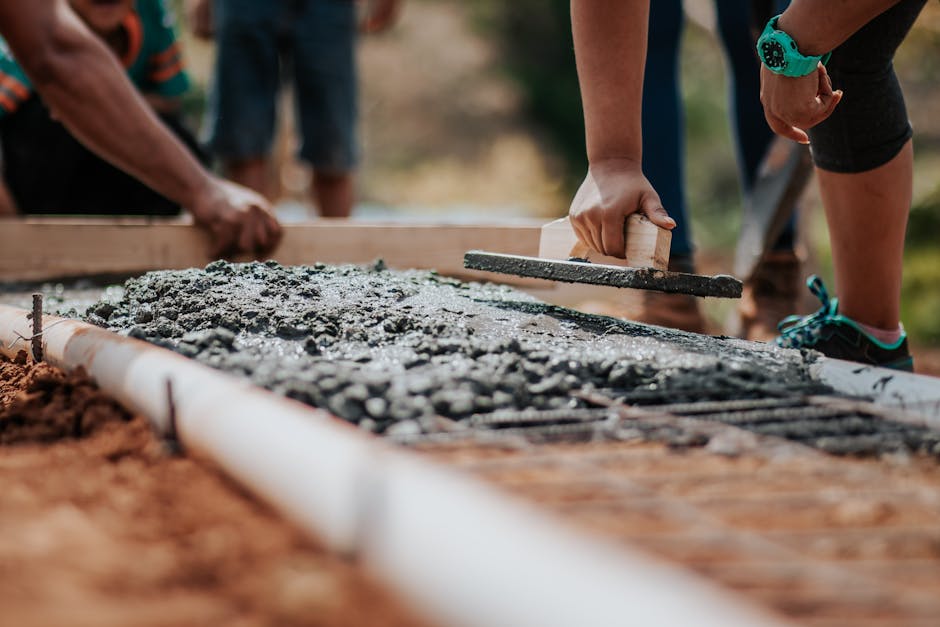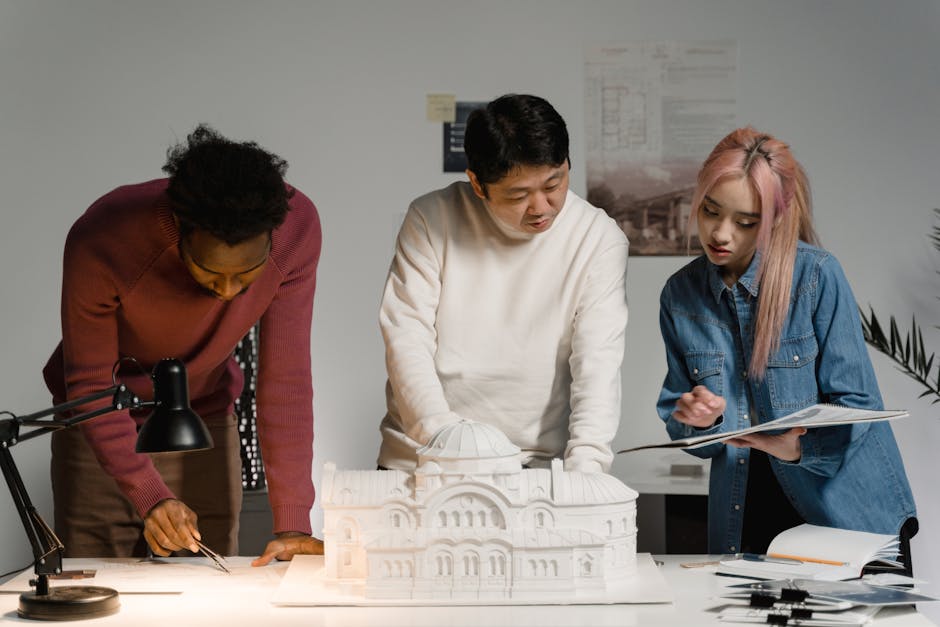Building Trust with Your Project Team
Have you ever worked on a team where trust felt shaky? it’s tough to get things done when you don’t feel connected. Trust is the glue that holds your team together. When team members trust each other, they communicate better and achieve more. But how do you build that trust? Lets explore some key strategies.
Why is Trust Important in a Team?

Trust is essential for success. When team members trust each other, they share ideas more freely. They also take risks without fear of judgment. A study by the American Psychological Association found that teams with high trust perform better and have higher job satisfaction.
Think of trust like a bank account. The more you depositthrough communication, support, and respectthe more you can withdraw during tough times. Without trust, you’re left with an empty account, and that can lead to conflict and confusion.
How Can You Build Trust with Your Team?

Building trust takes time and effort, but it’s worth it. Here are some effective strategies to help you get started.
1. Communicate Openly

Open communication is key to building trust. When you share your thoughts and feelings, it encourages others to do the same. This transparency creates an environment where everyone feels safe to express themselves.
- Hold regular team meetings to discuss progress and concerns.
- Encourage team members to voice their ideas and opinions.
- Use clear and simple language to avoid misunderstandings.
For example, during a project kickoff, ask everyone to share their expectations. This helps clarify roles and responsibilities, preventing confusion down the line.
2. Show Appreciation

Everyone likes to feel valued. A simple thank you can go a long way. Recognizing individual contributions boosts morale and builds trust.
- Celebrate team achievements, big or small.
- Give credit where it’s due.
- Express gratitude regularly, not just during performance reviews.
Consider this: If a colleague stays late to help you meet a deadline, acknowledge their effort. A quick note or shout-out in a meeting can make them feel appreciated.
3. Be Honest and Transparent
Honesty is another cornerstone of trust. If you make a mistake, own up to it. People respect leaders who can admit their faults. This also encourages others to be honest.
- Share both successes and failures with your team.
- Provide constructive feedback rather than criticism.
- Be clear about changes or challenges that may affect the team.
For example, if a project deadline is pushed back, explain why. This openness reduces anxiety and keeps everyone on the same page.
4. Build Relationships
Trust grows when team members feel connected. Take time to get to know each other beyond work tasks. Building relationships helps create a supportive environment.
- Organize team-building activities.
- Encourage social interactions, like coffee breaks or lunches.
- Share personal stories to foster connections.
Think of the last time you shared a laugh with a coworker. Those moments can strengthen bonds and make teamwork smoother.
5. Be Consistent
Consistency builds reliability. When you act consistently, your team knows what to expect from you. This predictability helps them feel secure.
- Stick to your commitments.
- Follow through on promises.
- Maintain the same standards for everyone.
For example, if you promise to provide feedback on a project within a week, make sure you do it. This shows your team they can count on you.
6. Embrace Feedback
Feedback is a two-way street. Encourage team members to give you feedback, too. This shows that you value their opinions and are willing to learn.
- Ask for feedback through surveys or one-on-one meetings.
- Act on the feedback you receive.
- Thank team members for their input, even if you don’t agree.
Consider this: If someone suggests a better way to handle a task, be open to trying it. This adaptability can enhance trust.
Common Misconceptions About Trust
Many people have misconceptions about trust in teams. Lets clear up a few.
Is Trust Automatic?
No, trust is not automatic. It must be earned over time. Rushing the process can lead to misunderstandings.
Can Trust Be Rebuilt?
Yes, trust can be rebuilt. If trust is broken, acknowledge the issue and take steps to repair it. This requires open communication and commitment.
What Happens When Trust is Strong?
When your team trusts one another, amazing things happen. Here are some benefits of a high-trust environment:
- Higher productivity and efficiency.
- Increased creativity and innovation.
- Better conflict resolution.
- Stronger team morale and job satisfaction.
In a trusted team, members feel empowered to share ideas and take risks. They support each other, leading to overall success.
How Can You Measure Trust?
Measuring trust can be tricky. However, you can look for signs that indicate a high-trust environment:
- Open conversations and an absence of fear in discussions.
- Team members asking for help and offering assistance.
- Low turnover rates and high engagement levels.
You can also use anonymous surveys to assess team trust. Check for patterns in responses to gauge areas for improvement.
Closing Thoughts: Take Action Today
Building trust takes time, but it’s one of the best investments you can make for your team. Start small. Implement one or two strategies from this guide. As trust grows, youll notice improved communication, collaboration, and creativity.
Remember, trust is not just about being liked; it’s about being respected. Trusting relationships lead to better outcomes, both for individuals and the team as a whole.
For more tips on teamwork, check out this article on teamwork tips.
Ready to build a trusting team? Start today!



